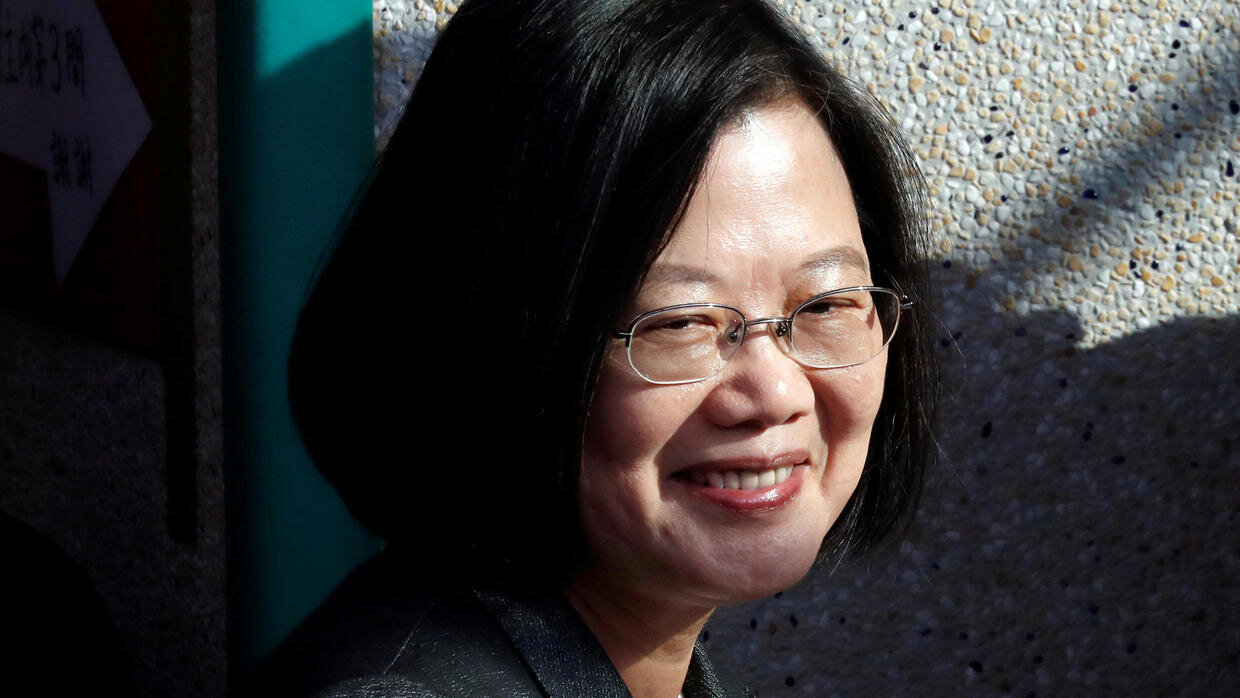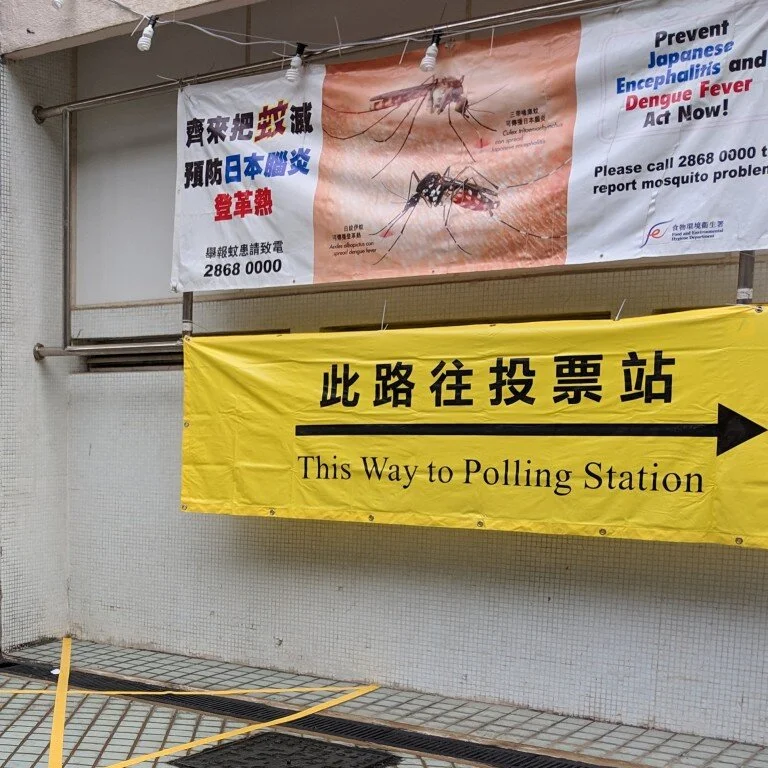President Tsai Ing-wen wins reelection in Taiwan By Jun Kwon and Sung Jang
Taiwan society is bifurcating. At issue is how to define its relationship with Mainland China. These are broad brush strokes, but Taiwan politics is divided by two broad coalitions; Pan-Green vs Pan-Blue.
Pan-Green is led by the Democratic Progressive party (DPP) who currently controls the presidency and the legislature. They favor less dependence on China and more Taiwan independence with a sense of Taiwaneseness. Pan-blue is led by the Kuomintang (KMT) whose want a closer relationship with Mainland China.
Taiwan people have clearly shown what they want and desire on this issue through the presidential and legislative Yuan elections on Sunday.
Incumbent Tsai Ing-wen won a second term against the opposing KMT candidate, despite sluggish economic and wage growth. Her margin over her rival Han Kuo-yu was almost 20 percent, giving her a strong mandate.
The DPP has also won 61 out of the 113 seats in the Legislative Yuan. Tsai’s victory can be seen as a thorn to Beijing’s policy over Taiwan with many headaches to come as her party’s platform is one that seeks more autonomy, if not de jure independence for Taiwan.
Tsai and Pan-Green’s Taiwanization movement is in opposition to the KMT. Traditionally, the Pan-Green Alliance has sought complete independence from China and to establish themselves as a country named “Taiwan” rather than the old “Republic of China.” In their opinion, Taiwan is culturally and economically independent from China citing the preference for democracy and their unique history.
On the other hand, the KMT has preferred reunification with China under the 1992 consensus that there is only one China. This seems more unlikely nowadays unless the communist regime in the People’s Republic of China is becoming more democratic, but the KMT has focused more on economic integration with China and closer relations.
Hong Kong (Kyle Lam/Bloomberg)
Considering the situation in Hong Kong and their pro-democracy protests, it seems that Tsai’s message of fragility or danger of the “One Country, Two Systems” style of governance seemed to have resonate with Taiwanese voters.
Given the sluggish economic situation in Taiwan, which has been dependent on its relationship with Mainland China, Tsai’s re-election is a sign that Taiwaneseness, democracy, and political independence from China are much more important for voters than economic performance.
That is not to say that Tsai’s Pan-Green Alliance is immune to economic difficulty. Despite winning the election, they saw their vote percentage drop by 10 points since the last election in 2016.
Beijing is sure to find Tsai’s re-election troubling. On Saturday, Chinese state media criticized Tsai’s antagonization of China after her re-election. While Tsai’s re-election is unlikely to drastically alter the geopolitics of the Cross Taiwan Strait, it makes the triangular relationship between China, the US, and Taiwan more of an issue of China.
Taiwan’s rejection of closer ties with China would make cross-strait relations more strained. It is also possible that China will step up the foreign policy offensive and try to further isolate Taiwan from the international community following the One China Policy.
While Taiwan has always walked a tightrope between China and the US, Taiwan will most likely be trying to get closer to the US for its security guarantees amid the U.S-China rivalry. In this regard, China will have to be careful on how it conducts its policy with Taiwan in the future as it may risk alienating Taiwan people as they have been very attentive to how Beijing has dealt with Hong Kong.
While it is hard to say whether this election is “generationally” impactful, Tsai and the Pan-Green Alliance have been handed a clear victory and mandate in this Sunday’s election. Whether President Tsai in her second term pushes Taiwan toward the direction of independence, or not, remains unclear. It is expected that the increasing anti-Chinese sentiments, due to the Hong Kong pro-democracy protests and Beijing’s aggressive attitudes toward Taiwan, would encourage President Tsai to solidify Taiwanization and to keep China’s influence at bay.
Jun Kwon is Chair and Associate Professor of Political Science and International Studies at Utica College.
Sung Jang is a Ph.D. Candidate in Political Science at Binghamton University







